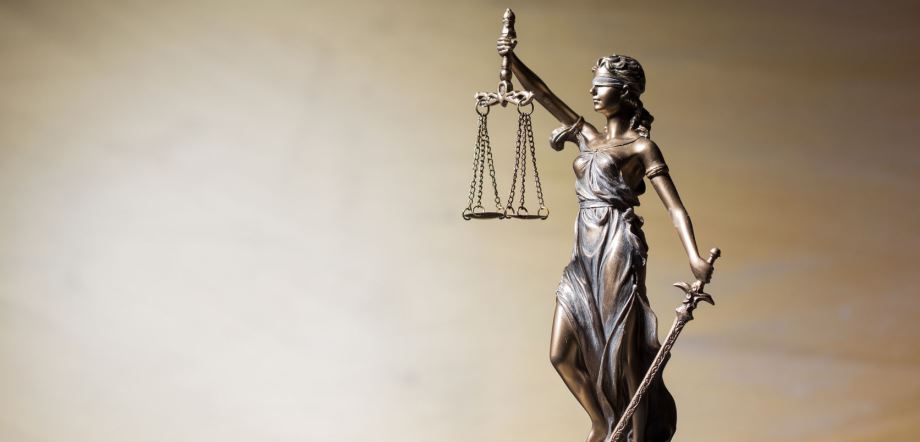Publications
Ohio’s Learned Treatise Rule Expected to Change Effective July 1, 2006
February 2006

Publications
Ohio’s Learned Treatise Rule Expected to Change Effective July 1, 2006
February 2006
Effective July 1, 2006, Ohio is expected to adopt a new evidentiary rule that will make learned treatises much more widely useable in Ohio courtrooms.
Ohio’s new rule would make a significant change in the Ohio Rules of Evidence by providing a so-called “learned treatise exception to the hearsay rule,” which Ohio currently does not have. The new Ohio rule would replace the former Ohio Rule of Evidence 706, which only permitted the use of learned treatises in a limited manner, and only during the impeachment of witnesses.
Learned treatises have historically been difficult to use in Ohio state courts because Ohio has not had a learned treatise exception to the hearsay rule. Federal courts, on the other hand, have traditionally made the use of learned treatises much easier through Federal Rule of Evidence 803(18). The proposed new rule, Ohio Rule of Evidence 803(18), is identical to the current Federal Rule of Evidence 803(18).
The new Ohio rule, like the current federal rule, provides that learned treatises “are not excluded by the hearsay rule … to the extent called to the attention of an expert witness upon crossexamination or relied upon by the expert in direct examination.” The only other requirement under the new Ohio rule is that the treatise be “established as a reliable authority by the testimony or admission of the witness or by other expert testimony or by judicial notice.”
As with prior Ohio practice, even under the new Ohio Rule the treatise cannot be admitted as an exhibit for the jury to review during deliberations: “If admitted, the statements may be read into evidence but may not be received as exhibits.”
In practice, the new Ohio rule will likely result in a significantly expanded role for learned treatises, such as medical literature, during Ohio trials. The biggest change will undoubtedly be the use of learned treatises during direct examination of expert witnesses, which was generally proscribed under the prior Ohio Evid.R. 706.
This proposed change reflects the most recent development in a growing trend by courts nationwide looking more favorably upon the use of reliable learned treatises as courtroom evidence. At least 27 other states have already adopted a “learned treatise exception” largely identical to the federal rule. This trend has been mirrored in Ohio, which first expanded the use of learned treatises in 1998 with a prior amendment to Ohio Rule of Evidence 706, followed by the recent Ohio Supreme Court decision in Beard v. Meridia Huron Hosp. (2005), 106 Ohio St.3d 237.
The new proposed Ohio Rule of Evidence 803(18) is currently in the public comment phase until March 1, 2006. By May 1, 2006, the amendments (should they be approved) will be filed with the Ohio General Assembly, and the new rule will take effect on July 1, 2006.
© Tucker Ellis & West LLP For more information, please contact a member of Tucker Ellis & West LLP’s Professional and Products Liability Group.
1150 Huntington Building
925 Euclid Avenue
Cleveland, OH 44115-1414
216-592-5000 (phone)
216.592.5009 (facsimile)
www.tuckerellis.com
